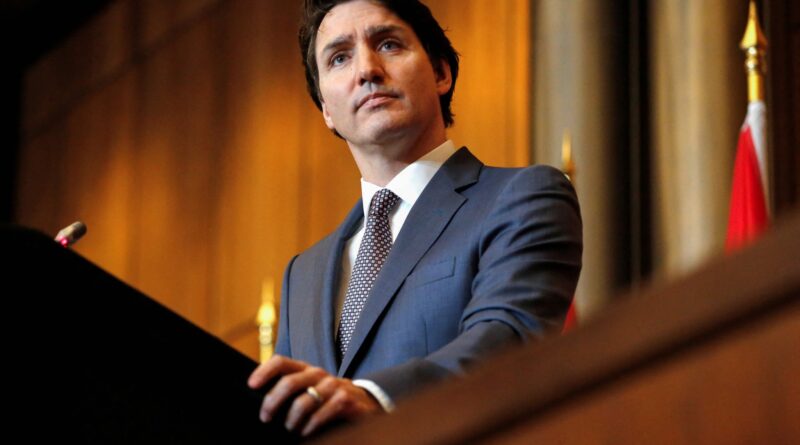Canada terms India as ‘critical partner’ under its new Indo-Pacific Strategy
Canada has termed India a “critical partner” under its Indo-Pacific strategy that was released on Sunday. It is for the first time ever the north American country has released such a policy for the Indo-Pacific region that continues to drive the global economy. The policy document said that “India’s strategic importance and leadership—both across the region and globally—will only increase” as India “the world’s biggest democracy—becomes the most populous country in the world and continues to grow its economy.”
Number of steps have been listed to increase engagement with India, which include bolstering Canada’s visa-processing capacity in New Delhi and Chandigarh, support for “academic, educational, cultural, youth and research” exchanges and accelerate cooperation in the fight against climate change.
Special emphasis has been put on increasing economic ties especially by concluding an Early Progress Trade Agreement (EPTA) and creation of a Canada-India desk within the Trade Commissioner Service to promote implementation of the EPTA. The document also hopes for an India Canada Comprehensive Economic Partnership Agreement as a natural outcome of EPTA.
According to Indian govt estimates, India’s total trade with Canada (goods and services) in 2021-22 was US$11.68. Bilateral trade in services in 2021 was US$ 4.88 billion. Canadian Pension Funds have cumulatively invested around US$ 55 billion in India.
The strategy highlighted that both the countries “have a shared tradition of democracy and pluralism, a common commitment to a rules-based international system and multilateralism” even as both sides have “mutual interest in expanding our commercial relationship and extensive and growing people-to-people connections.”
While Khalistani elements in Canadian society and their activities like holding referendums for creation of separate homeland in India has irked New Delhi, government to government efforts remain on to keep ties better placed. Earlier this year both Indian Prime Minister Narendra Modi and Canadian PM Justin Trudeau met on the sidelines of G7 summit in the Germany, the first such meet between the 2 leaders since 2018.
The strategy also called for greater engagement with India for resilient supply chain and expects a “greater Canadian involvement and alignment with regional initiatives, such as the Australia-Japan-India Supply Chain Resilience Initiative”. More and more countries are issuing Indo-Pacific strategy given the region has one of the fastest growing economies in the world, and a hub of global trade. The region is expected to contribute to 50% of global GDP by 2040 and 65% of global population.

